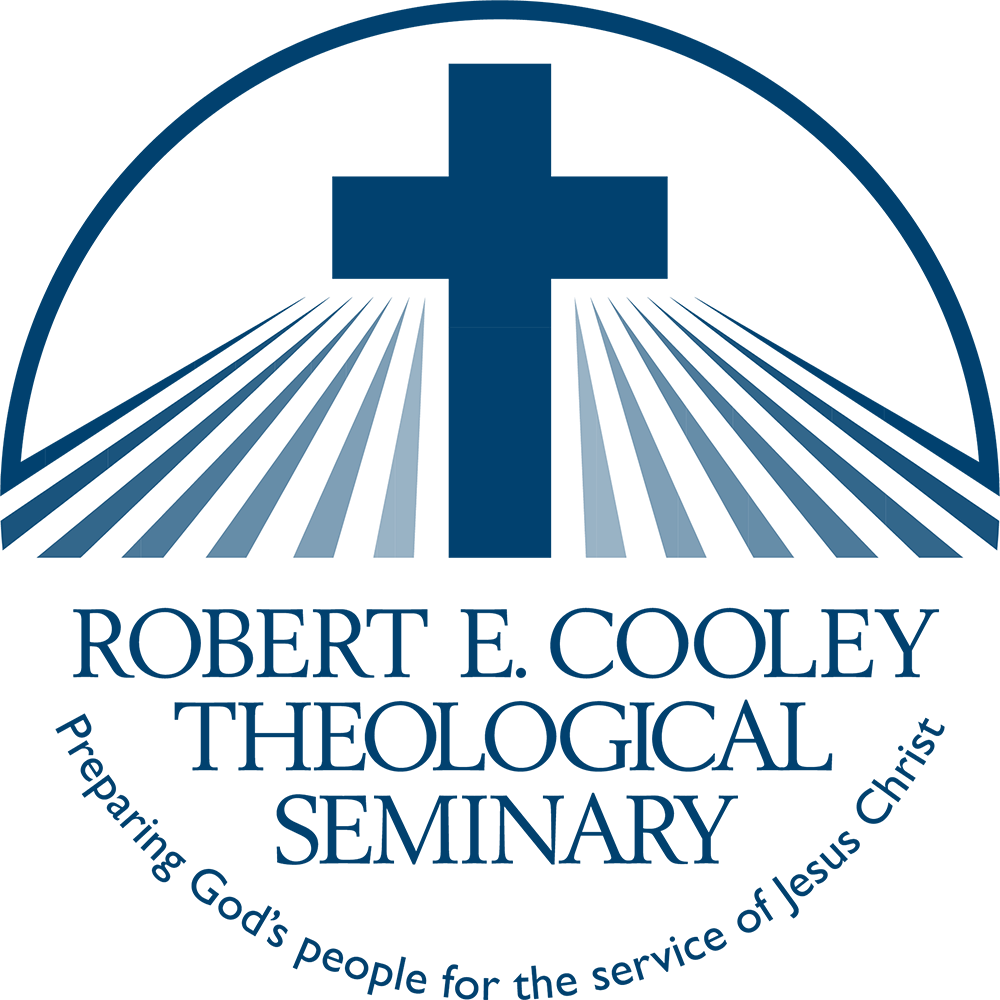Doctor of Ministry
The mission of Robert E. Cooley Theological Seminary (RECTS) is to prepare and equip gifted, called, and passionate leaders to serve God and the worldwide church. RECTS offers a Doctor of Ministry with a focus n Pastoral Theology to fulfill this mission.
Learning Experience
I. Program Entry Phase
Students will begin the program with the preliminary Starting Well and the required
Foundations Seminar.
- Starting Well (3 credit hours)
- Foundation Seminar- Effective Project Design (6 credit hours)
The mentor team will help students finalize their Project Proposal. Effective Project Design is complete once the Foundations Seminar has been taken and the Project Proposal is approved.
II. Integration and Directed Learning Phase
- Sociological and Cultural Understanding Seminar (3 credit hours)
- Biblical Theology Seminar (3 credit hours)
- Systematic Theology Seminar (3 credit hours)
- Pastoral Theology Seminar (3 credit hours)
- Integration in Ministry Context (6)
- Directed Learning Experience I (3 credit hours)
- Directed Learning Experience II (3 credit hours)
III. Program Completion Phase
- Final Project (6)
- Continuing Well (3)
Program Overview
Program Outcomes
Peer Reflection Seminars
The Peer Reflection Seminars are a distinctive trait of this program. Over the course of their time in the program, students will participate in four Peer Reflection Seminars – twice as an observer and twice as a presenter. In these seminars, students present a lecture on some aspect of their doctoral project and then engage in a facilitated dialogue with their peers.
Customized Learning Experiences
Mentorship in Research
Researching a theological topic and writing a dissertation is a challenging endeavor. The Doctor of Ministry program will procure mentors that will assist doctoral candidates to hone their academic skills in the areas of theological research, redaction of academic papers, and writing doctoral dissertations. These topics will be particularly addressed in the following learning experiences: Starting Well, Effective Project Design, and Final Project Completion.
Final Project
Contextual Learning
Throughout the program, students can work with their mentor team to design learning experiences that are entirely shaped by what they are doing or will do in their current or desired vocational context. Are they planting a church? Are they building a youth ministry program? Are they developing curriculum? They may use any experience or project connected to what it means to flourish their vocation and ministry!
Requirements
Applicants to the Doctor of Ministry must fulfill the following requirements:
- Having earned a Master of Divinity degree (or equivalent)
- Having, at least, 6 years of ministerial experience
- Endorsement from their local church
- Endorsement from their judicatory


